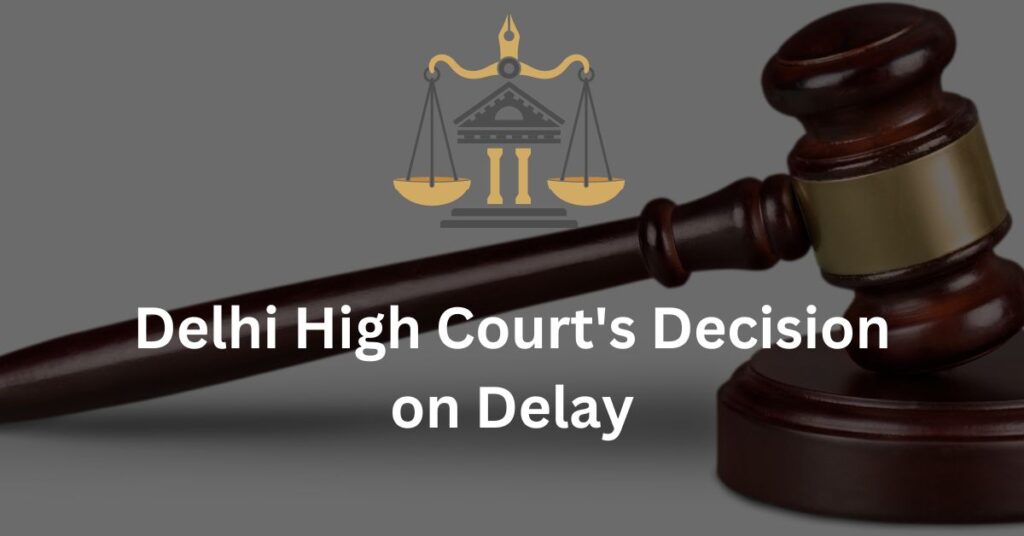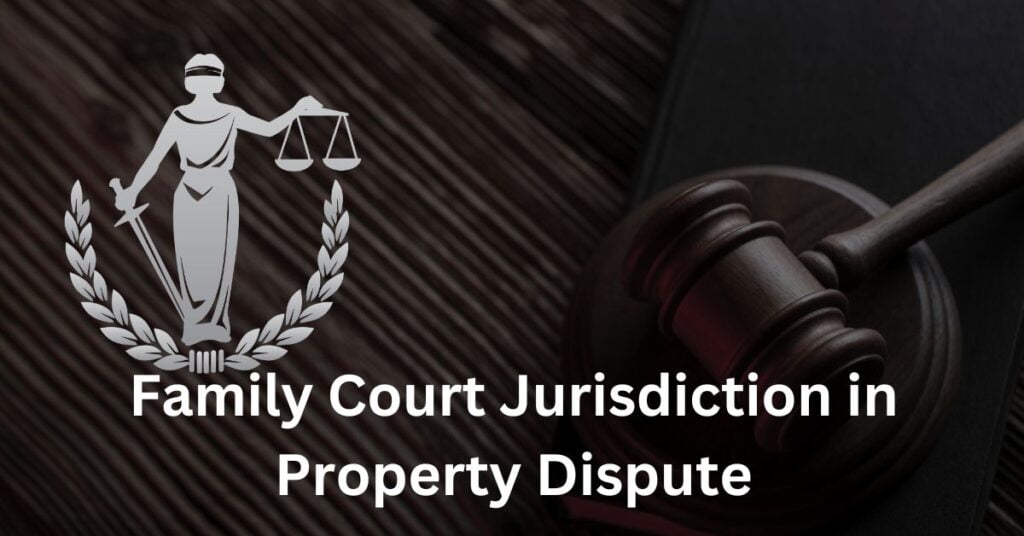Supreme Court Upholds Order for Potentiality Test in Marriage Dispute
In a significant ruling, the Supreme Court of India has upheld a trial court’s decision to conduct a potentiality test in a marital dispute case. The case involved Deep Mukerjee, the appellant, and Sreyashi Banerjee, the respondent. The dispute arose from their marriage in 2013 and subsequent separation in April 2021. Mukerjee filed for restitution of conjugal rights under Section 9 of the Hindu Marriage Act, 1955, while Banerjee sought a divorce under Section 13(1)(ia) of the same Act, alleging the husband’s impotency.
Background of the Case
The couple married in Chennai and later moved to the United Kingdom, where they lived together for 7½ years. Upon their return, they resided in a property owned by Banerjee’s father. However, disputes led to their separation. Mukerjee claimed that Banerjee refused to join him in his company or respond to his communications.
Legal Proceedings
Mukerjee filed for restitution of conjugal rights, while Banerjee sought a divorce citing impotency. Mukerjee subsequently moved interim applications under Section 45 of the Indian Evidence Act, seeking potentiality tests for both parties. The trial court granted the applications, directing the parties to undergo medical tests in a sealed cover. Banerjee challenged this in the High Court, which set aside the trial court’s order.
Supreme Court’s Decision
The Supreme Court, upon hearing both sides, found merit in Mukerjee’s argument that he was willing to undergo the potentiality test. It ruled that the High Court erred in overturning the trial court’s order without sufficient reason. Consequently, the Supreme Court partially allowed Mukerjee’s appeal, upholding the trial court’s direction for him to undergo the potentiality test. The test is to be conducted within four weeks, with the report submitted two weeks thereafter.
This judgment sets a precedent regarding the enforceability of medical tests in matrimonial disputes, ensuring fair resolution and justice for both parties involved.
This summary simplifies the complex legal language, focusing on the key points and the implications of the Supreme Court’s decision.



